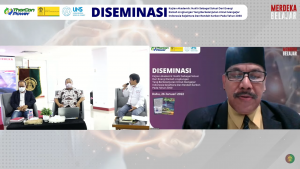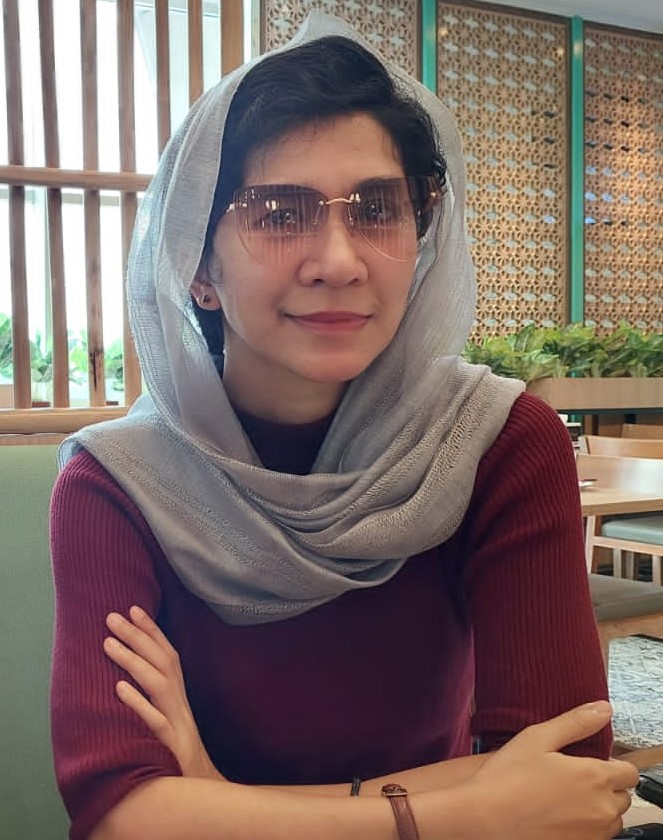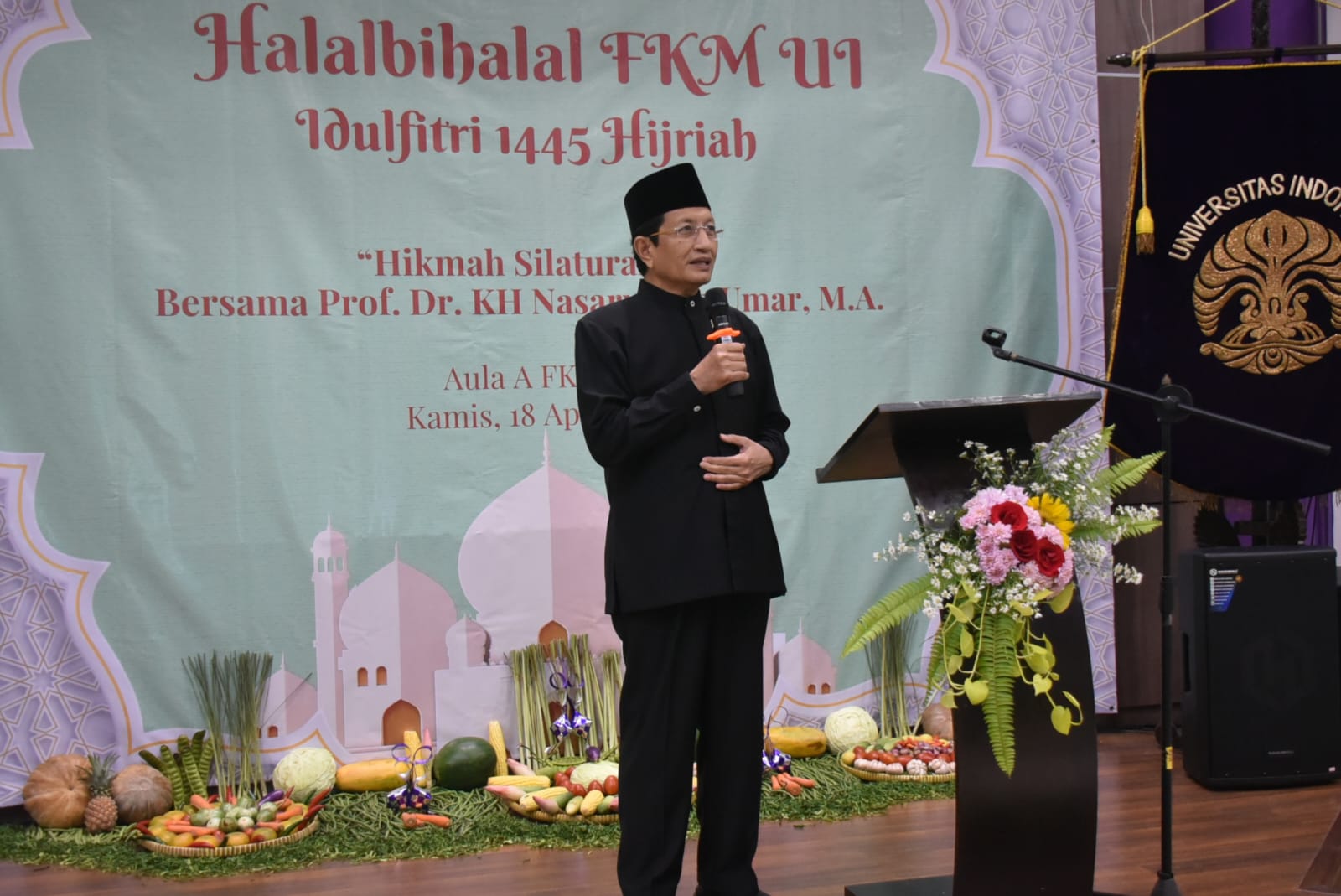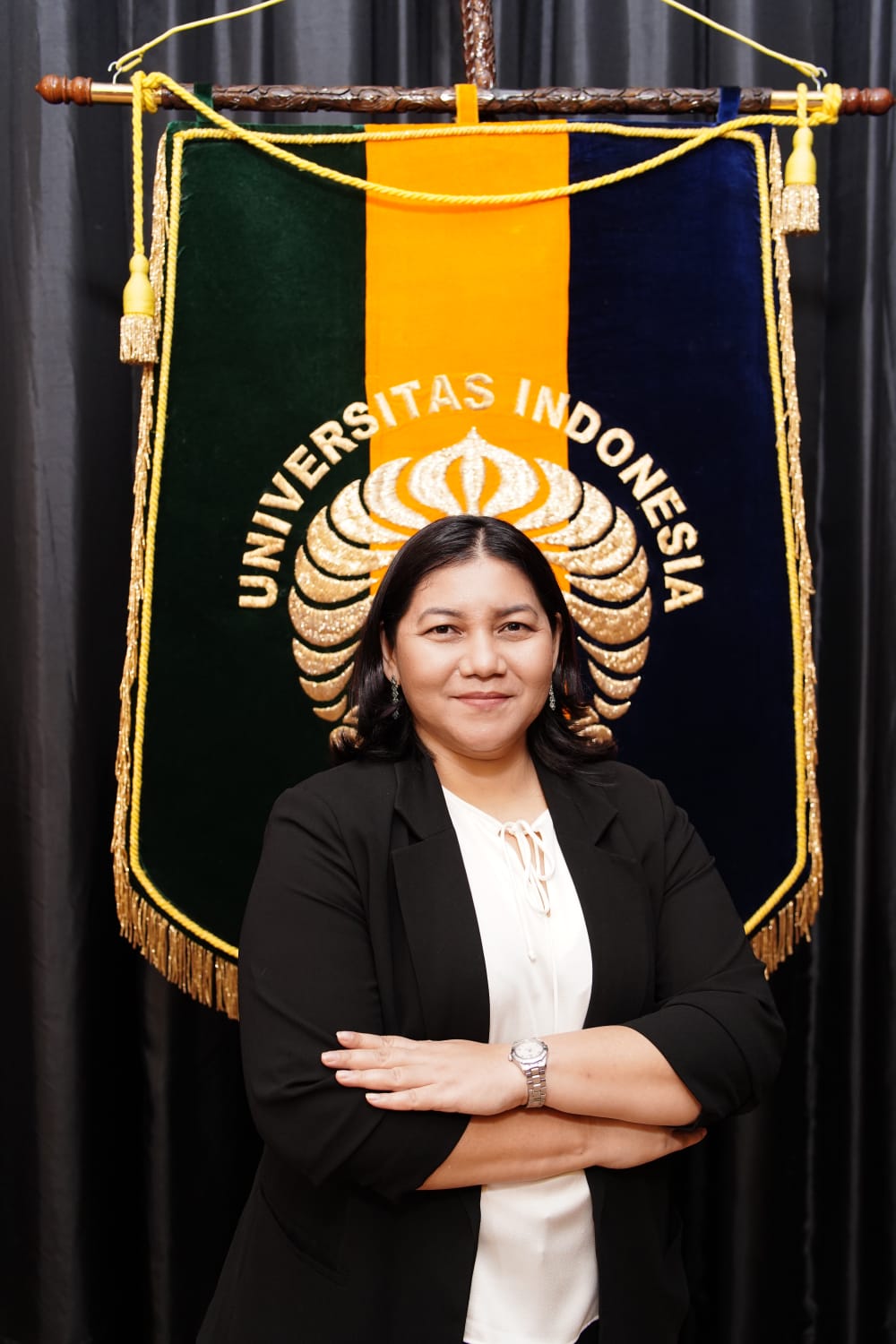
Industrialized countries, including Indonesia, produce tremendous carbon emissions, leading to global warming and climate change. This is a cause for concern, so the causes of global warming must be addressed.
“We must get energy that is environmentally friendly and sustainable because currently the world’s climate change has occurred very extreme, one of which is caused by the burning of fossil fuels and deforestation which causes the greenhouse effect which results in melting ice at the north and south poles, as well as a decrease in the algae population as a source of energy for various biota which results in a decrease in the number of biota populations,” said Prof. Ir. Ari Handoko Ramelan, M.Sc. (Hons), Ph.D., in his presentation at the Dissemination of Academic Study Results organized by the Universitas Indonesia School of Environmental Science (SES UI).
From the results of the study, it was found that nuclear is an energy that has the highest density among other energy sources. In addition, nuclear is an energy source with the lowest emissions and risk levels compared to other alternative energy sources. He also admitted that, currently, the use of nuclear energy still raises pros and cons in the midst of society.
In his welcoming speech, SES UI Deputy Director Dr. Dodi Abdul Cholil said that the government’s target to use environmentally friendly energy based on carbon-free towards a more prosperous Indonesia in 2050, one of the alternative energy offered is nuclear energy. He also hopes that this academic study can be a reference and consideration for stakeholders to decide on policies for the benefit of many people.
In this academic dissemination activity, four reasons why Environmentally Friendly Electrical Energy (EFEE) is needed are presented. First, to achieve prosperity by 2050 in accordance with the government’s target. To pursue the improvement of people’s welfare, various efforts must be made to improve the economy which indirectly increases electricity consumption in Indonesia, so the government must increase electricity availability to 4000 kw/h per capita in 2050.
Second, the transition of primary energy, especially from coal. This is based on several negative impacts caused by coal, especially the negative effects on the environment. In addition, Indonesia’s high-calorie coal reserves are predicted to run out by 2040 and there is international pressure to stop using coal. When compared to other countries that have already used environmentally friendly energy such as wind energy, sunlight, geothermal, hydro power, and nuclear energy. “However, this energy also has obstacles such as seasonality, rainfall, and waste problems,” he said.
Furthermore, the third reason refers to the target towards a low-carbon Indonesia by 2050. This is based on the definition of green energy, which must not produce CO2 and CH4 gas emissions, not damage the land, not threaten the ecosystem during the operational process, be able to store and manage operational waste, minimize the use of fuel and mining materials, and be able to be commercialized without subsidies. Finally, the fourth reason is nuclear energy as an environmentally friendly and sustainable energy solution.
This dissemination is a joint activity of the LPPM UNS Team and PT ThorCon Power Indonesia, namely the preparation of “Preparation of Academic Studies: Nuclear as a Solution of Sustainable Environmentally Friendly Energy to Pursue Prosperous and Low Carbon Indonesia in 2050” was also attended by Professor of the Faculty of Mathematics and Natural Sciences, Sebelas Maret University (FMNS UNS) Prof. Ir. Ari Handoko Ramelan, M.Sc. (Hons), Ph.D., Head of the Faculty of Social and Political Sciences (FSPS) UNS Dr. Drajat Tri Kartono, M.Si., as a speaker and Dr. Ahyahuddin Sodri, S.T., M.Sc., SES UI lecturer as a discussant and Ir. Heddy Krishyana, M. Eng., M.Sc., nuclear energy system manager of PT Thorcon Power Indonesia as the moderator at this dissemination held on Wednesday (26/01).
The dissemination of activities has the hope that participants will get the correct concept and understanding of nuclear energy associated with solutions to environmental issues: Climate Change and to Pursue a Prosperous and Low Carbon Indonesia by 2050. This relates to the need for electrical energy and environmentally friendly electricity generation. This concept is beneficial to the participant, both personally and can be passed on to others.
Author: Rizky Syahputra | Editor: Maudisha AR



